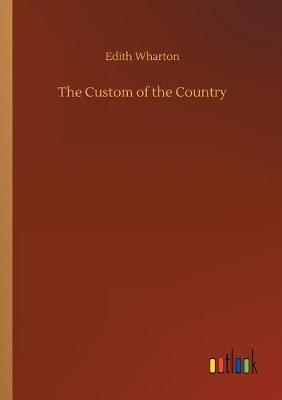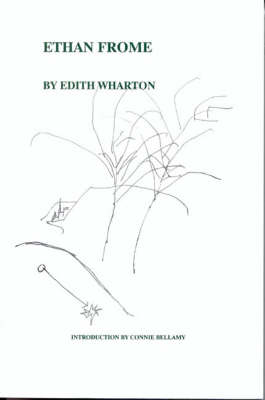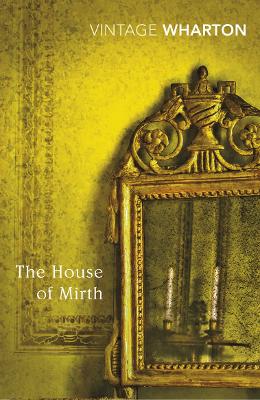Wordsworth American Classics
3 total works
The House of Mirth follows the tragic fall of Lily Bart, a beautiful socialite who loses her footing in the savage social-climbing world of New York high society in the nineteenth century.
Lily Bart has no fortune, but she possesses everything else she needs to make an excellent marriage: beauty, intelligence, a love of luxury and an elegant skill in negotiating the hidden traps and false friends of New York's high society. But time and again Lily cannot bring herself to make the final decisive move: to abandon her sense of self and a chance of love for the final soulless leap into a mercenary union. Her time is running out, and degradation awaits. Edith Wharton's masterful novel is a tragedy of money, morality and missed opportunity.
‘Edith Wharton's 1905 novel gave literature one of its most complicated tragic heroines’ Independent


